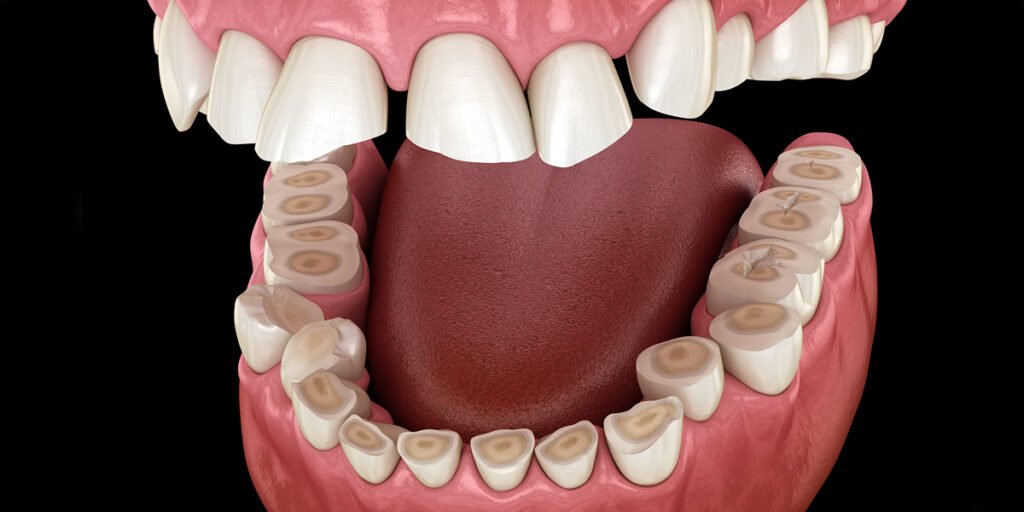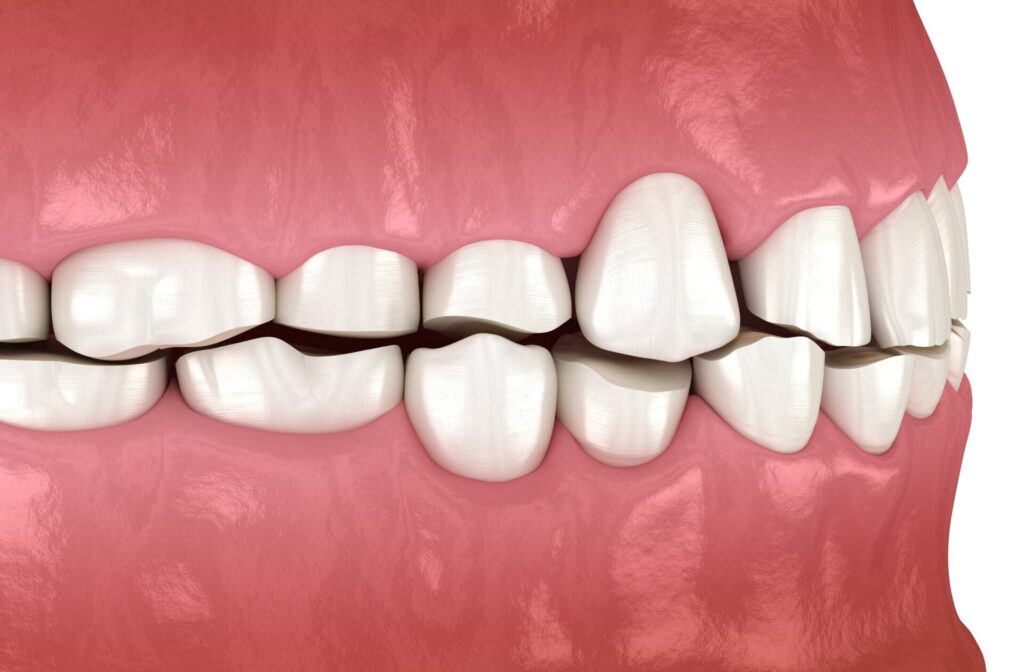Stop Teeth Grinding: Preserve Your Oral Health
Most people think of teeth grinding, or bruxism, as just a bad habit. But did you know that this often-overlooked issue can have serious implications for your dental health? It’s time to shed light on this nocturnal nemesis and understand why addressing it is crucial for your oral well-being.

What is Teeth Grinding?
Teeth grinding involves the unconscious gnashing, clenching, or grinding of teeth. While some may grind their teeth during the day, often due to stress or concentration, nighttime bruxism is a more prevalent concern. This involuntary action can affect anyone, from restless toddlers to stressed adults.
The Root Causes: More Than Just Stress
The triggers for teeth grinding can be as varied as its symptoms. Stress and anxiety often top the list, but they’re not the only culprits:
- Sleep Disorders: Conditions like sleep apnea can instigate grinding.
- Lifestyle Choices: Excessive caffeine or alcohol, and smoking can increase the risk.
- Dental Issues: An abnormal bite or misaligned teeth might be a factor.
- Medication Side Effects: Certain drugs, particularly psychiatric medications, are linked to bruxism.

Why It’s a Dental Concern
The impact of teeth grinding goes beyond just annoying sounds at night. The consequences can be quite severe:
- Enamel Erosion: Constant grinding wears down tooth enamel, exposing teeth to decay.
- Tooth Damage: It can lead to chipped, flattened, or even loose teeth.
- Jaw Problems: Issues like TMJ disorders can arise from prolonged grinding.
- Headaches and Earaches: The strain on facial muscles can cause discomfort beyond the jaw.
Spotting the Signs
Early detection is vital. Look out for:
- Jaw soreness or pain, particularly in the morning.
- Unexplained headaches or earaches.
- Increased tooth sensitivity or pain.
- Noticeable wearing down of teeth.
Protecting Your Pearly Whites
If you suspect you’re grinding your teeth, it’s time to act. Here’s what you can do:
- Seek Professional Help: A dentist can diagnose bruxism and suggest treatments like custom night guards.
- Stress Management: Activities like yoga, meditation, or even counseling can help manage stress, a major trigger for bruxism.
- Mind Your Lifestyle: Reducing caffeine and alcohol intake, especially before bed, can help.
- Dental Corrections: If misaligned teeth are the cause, orthodontic treatments may be necessary.
Take-home lesson: Don’t Take Grinding Lightly
Teeth grinding is more than just a bad habit; it’s a dental concern that demands attention. Ignoring it can lead to long-term damage to your teeth and jaw. By understanding its causes, symptoms, and solutions, you can take proactive steps to protect your smile and ensure your oral health stays on track. Remember, a visit to a Port Perry dentist can be the first step towards a peaceful, grind-free night.
